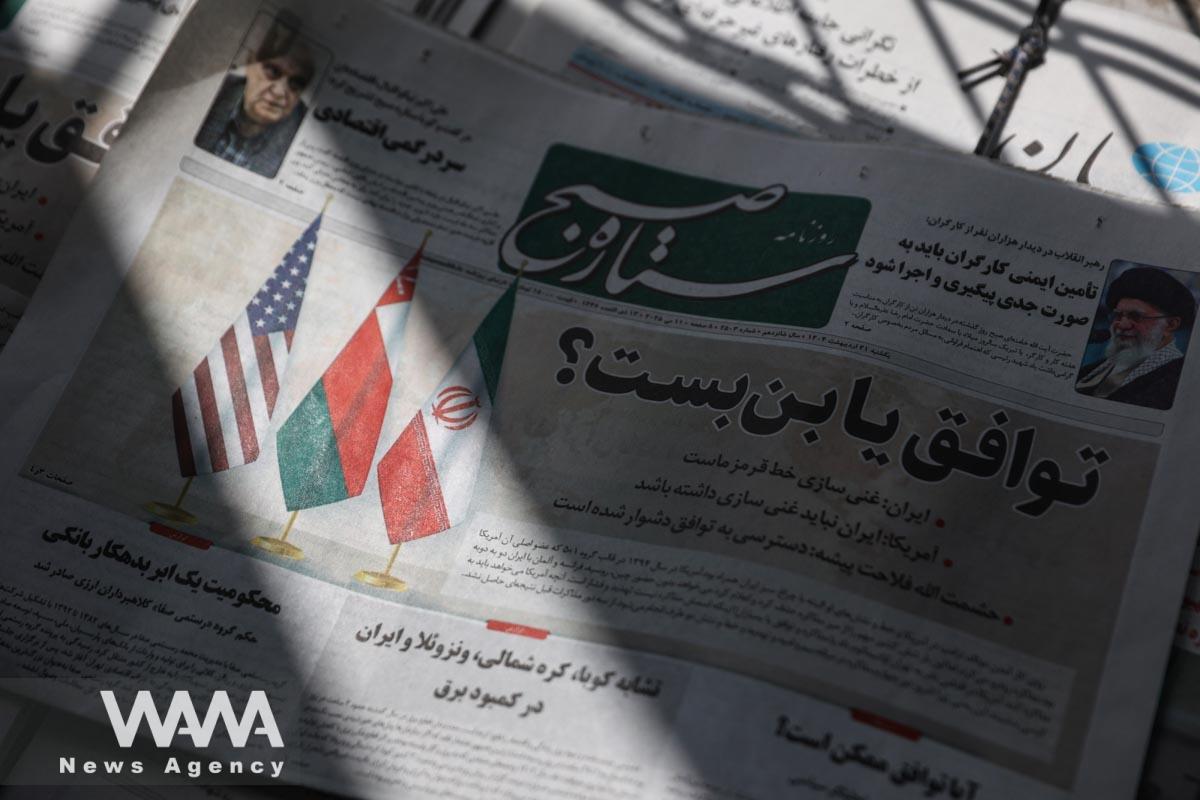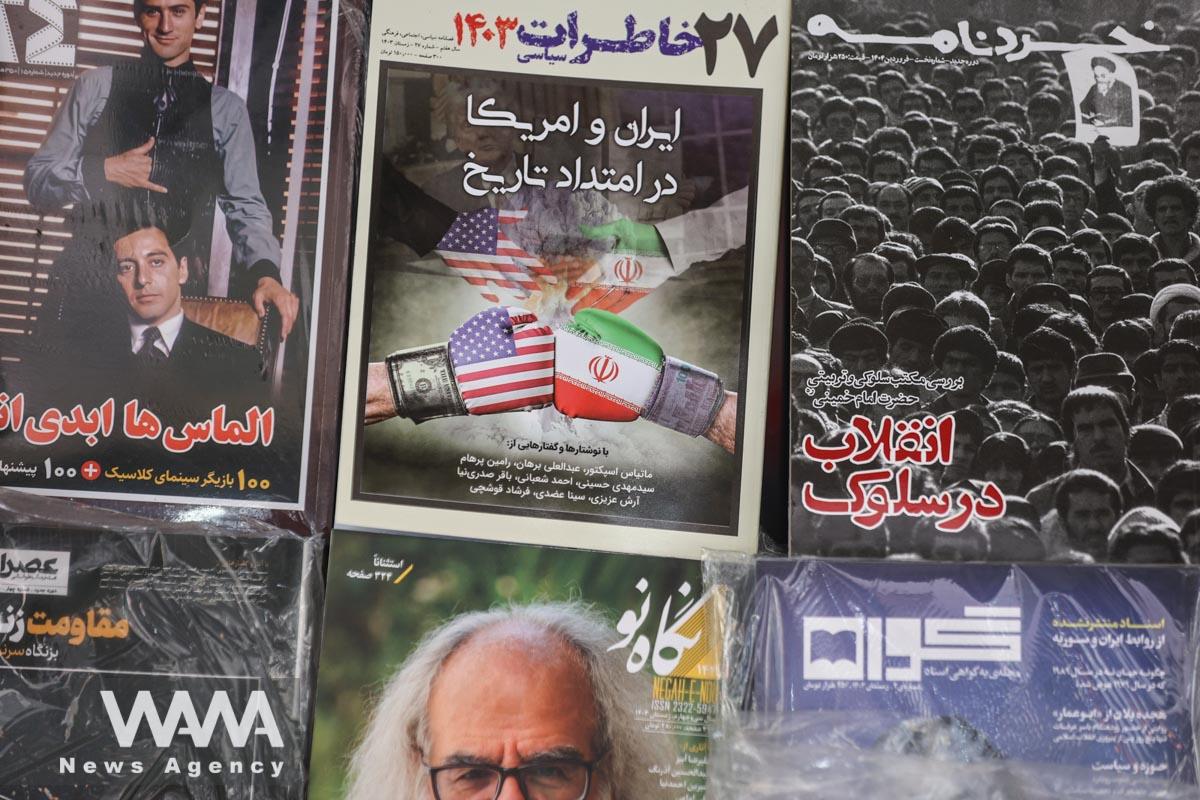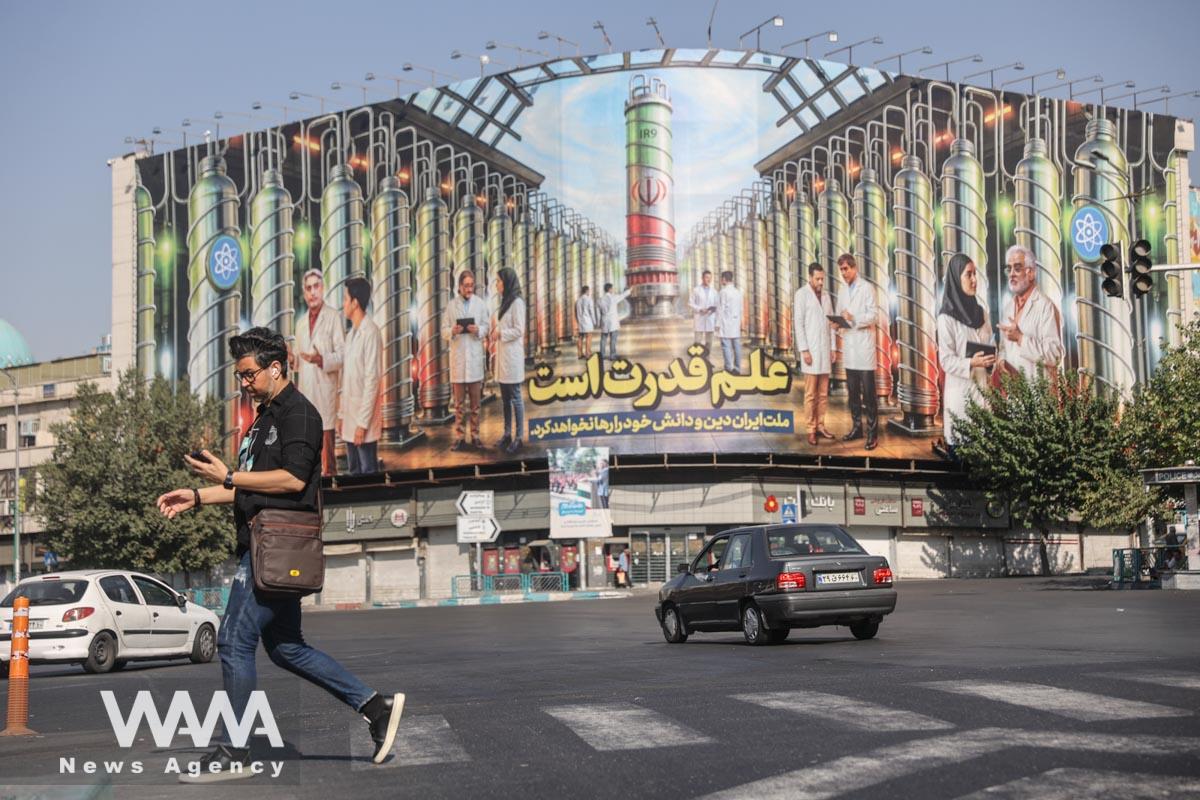WANA (Oct 29) – Iran’s nuclear talks have remained frozen for months — with no official timetable, no invitation for a new round of meetings, and not even a hint of willingness from either side to resume dialogue. What exists today is neither negotiation nor agreement, but rather a diplomatic-scale nuclear cold war — a contest in which both sides seek to gain leverage without firing a shot.
Regional Mediators and the Shadow of a New Cold War
On the surface, several regional intermediaries — Oman, Qatar, and even Iraq — have recently exchanged messages between Tehran and Washington in an attempt to revive the talks. But the reality is that the Middle East of 2025 is no longer the Middle East of 2015.
In the post–“12-Day War” era between Iran and Israel, the regional power equation is being redrawn. Mediation efforts have largely turned into psychological operations: the West seeks to manage Iran’s behavior through dialogue, while Tehran views dialogue not as a concession but as a tool to consolidate its position.
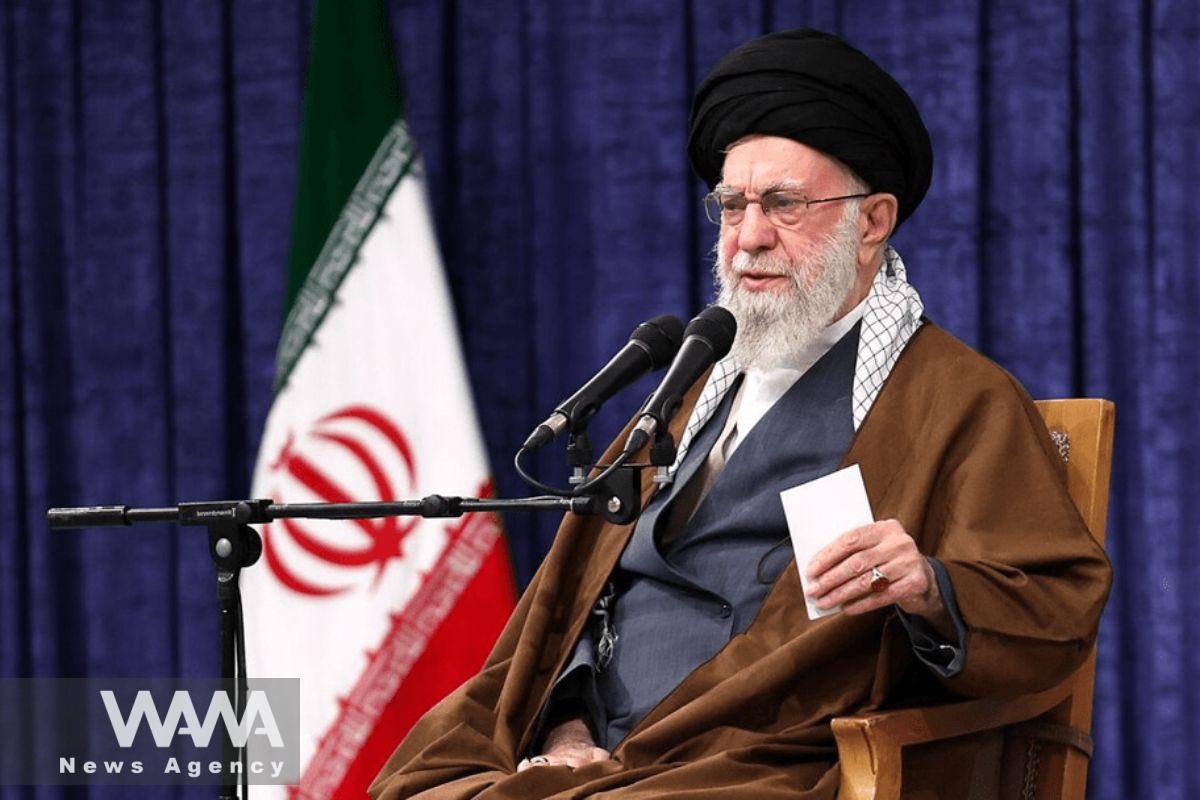
WANA (Oct 20) – The Supreme Leader of Iran, referring to the statements made by the U.S. President (in his recent visit to Israel) who, while taking pride in bombing Iran’s nuclear industry, claimed to have destroyed it, said: “It does not matter; keep believing that. But who are you to decide what a country […]
Formally, the dispute still revolves around uranium enrichment and IAEA oversight. Yet beneath the surface lies the deeper issue of lost trust. Tehran no longer believes Washington’s promises of sanctions relief — particularly after the U.S. strike on Iran’s nuclear facilities in the midst of previous negotiations, which shattered Iran’s confidence in diplomacy itself.
Washington, for its part, knows that no verifiable economic mechanism remains in Iran that could be quickly restored. The U.S. believes Tehran only yields under the shadow of security pressure. As Majid Takht-Ravanchi, Iran’s deputy foreign minister, clearly stated: “When they failed to impose their demands, they started a war. Their goal was the complete shutdown of Iran’s nuclear program — and that was unacceptable to us.”
Meanwhile, Michael Waltz, the U.S. representative to the United Nations, took an overtly political stance, claiming that Iran must “abandon its Islamic Revolution” and instead pursue negotiations “for the benefit of its people.”
These opposing statements reveal that the Tehran–Washington divide is no longer merely technical; it has become ideological and strategic in nature.
A book with a cover design of the Iran-US negotiations is seen in Tehran, Iran, April 26, 2025. Majid Asgaripour/WANA (West Asia News Agency)
Grossi and the IAEA Left Behind
From the International Atomic Energy Agency’s perspective, Iran’s current status is unprecedented. Diplomatic sources in Vienna confirm that the agency has had no active access to Iran’s sensitive nuclear sites for months. This represents the most serious setback of Rafael Grossi’s tenure, as Tehran — following the joint U.S.-Israeli attack — has effectively minimized technical cooperation and concealed parts of its nuclear activity from inspectors.
Iran’s move, officially framed as a reaction to the IAEA’s political conduct, carries a clear message: Tehran no longer wishes to remain part of a monitoring architecture that, in practice, serves Washington and Tel Aviv.
Independent observers suggest that this could mark the entry of Iran’s nuclear case into a phase of “opaque deterrence” — one in which Iran neither succumbs to pressure nor renounces its potential capabilities.
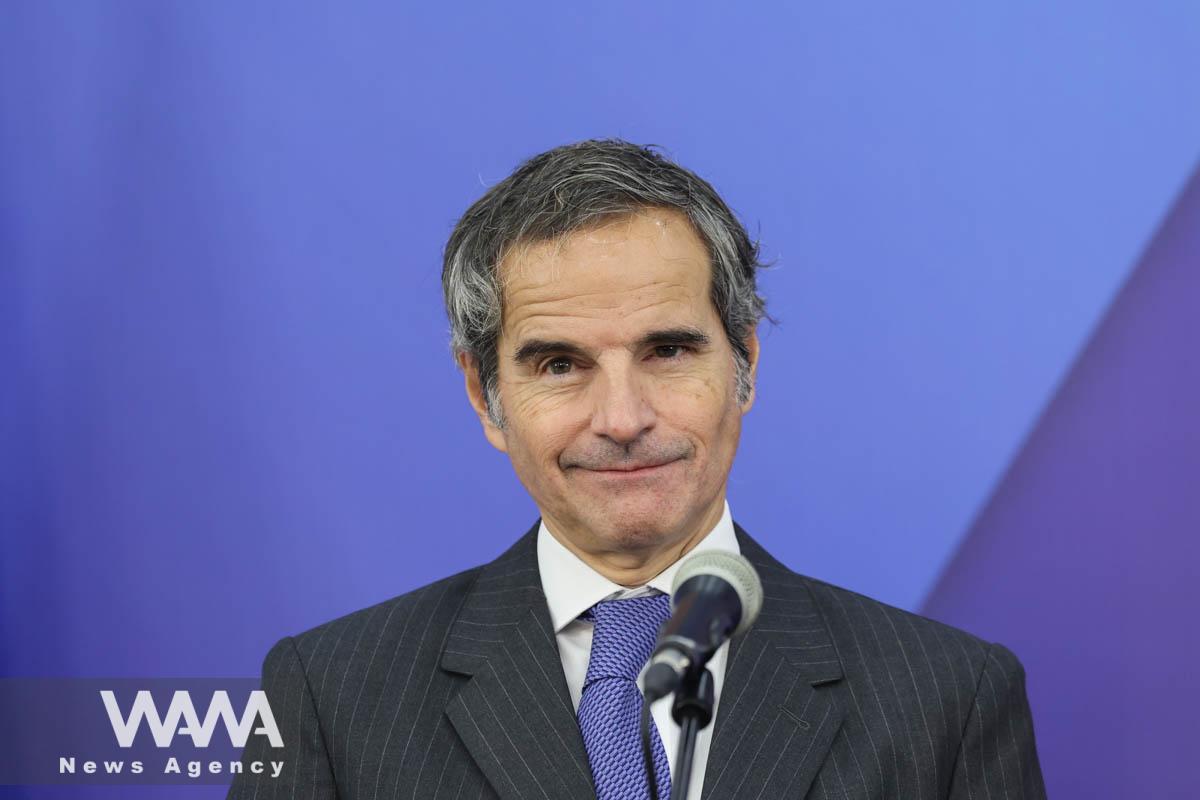
WANA (Oct 29) – When Rafael Grossi, Director General of the International Atomic Energy Agency (IAEA), recently warned that “if diplomacy fails, there may be a return to the use of force,” his words were not heard in Tehran as a warning — but as an admission. An admission of what had already happened: the […]
In the past, the IAEA functioned as an instrument of Western pressure; today, its irrelevance has become a symbol of Western limitation.
When the doors of Natanz and Fordow are closed to inspectors, and the world must rely on satellite imagery to estimate activity levels, the meaning is clear: Tehran no longer seeks anyone’s approval.
The West’s Obsession with High Enrichment
The West remains fixated on Iran’s highly enriched uranium. Western sources claim that Iran is approaching the 90% enrichment threshold, yet no credible evidence has been presented to support this.
Still, the repeated obsession serves a purpose beyond technical monitoring — it functions as political pressure and justification for “preventive measures.”
Donald Trump’s recent remark that “Iran currently lacks the capability to build a weapon” was deliberately reframed in Israeli media to emphasize the opposite — that Iran is pursuing a bomb.
Thus, the West faces a dual media narrative: it fears Iran’s nuclear advance yet dreads its complete cessation. This gray zone has become the foundation for both “hard deterrence” and “renewed dialogue.”
People walk past a billboard with a picture of nuclear scientists killed in Israeli strikes and Iranian centrifuges, on a street in Tehran, Iran August 29, 2025. Majid Asgaripour/WANA (West Asia News Agency)
Iran Between Reconstruction and Deterrence
While Israel and the United States, under their new strategic doctrine, aim to block Iran’s nuclear reconstruction, Tehran seeks to maintain balance through domestic capacity and its regional network. Neither side wants to strike first — but both are prepared to strike second.
Consequently, Iran’s nuclear file has evolved from a technical and legal issue into a strategic and geopolitical battleground.
Here, neither agreement nor threat — nor even a ceasefire — marks the end of the story.
Each is merely a move in a larger, ongoing game — one that is far from over.
